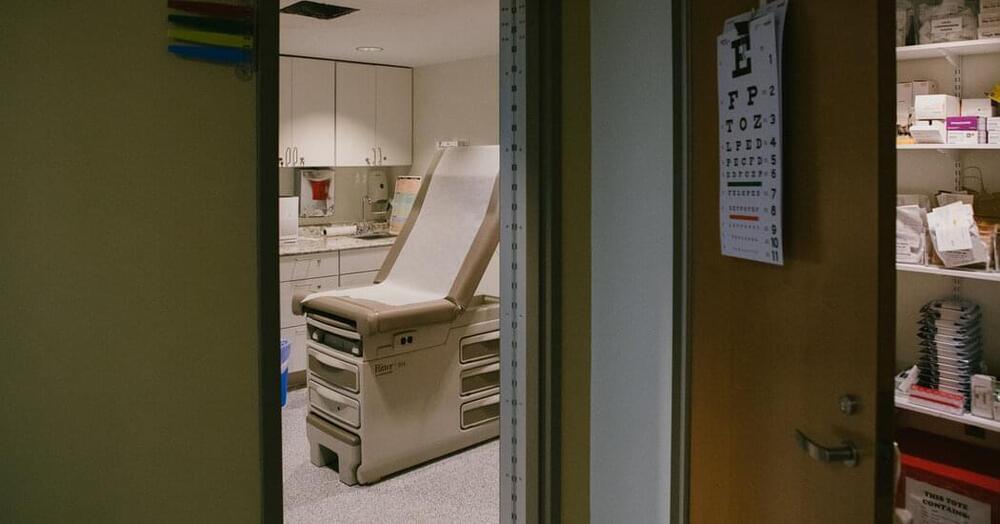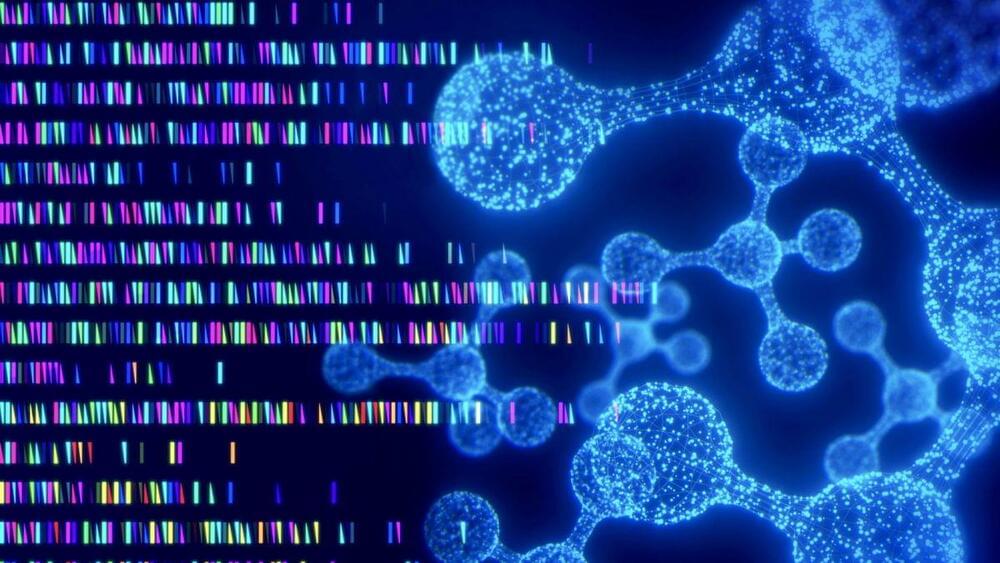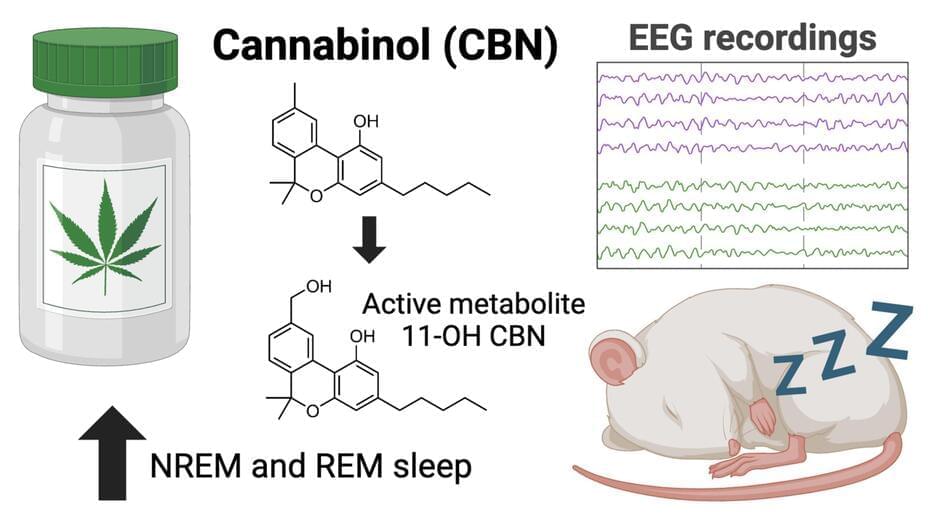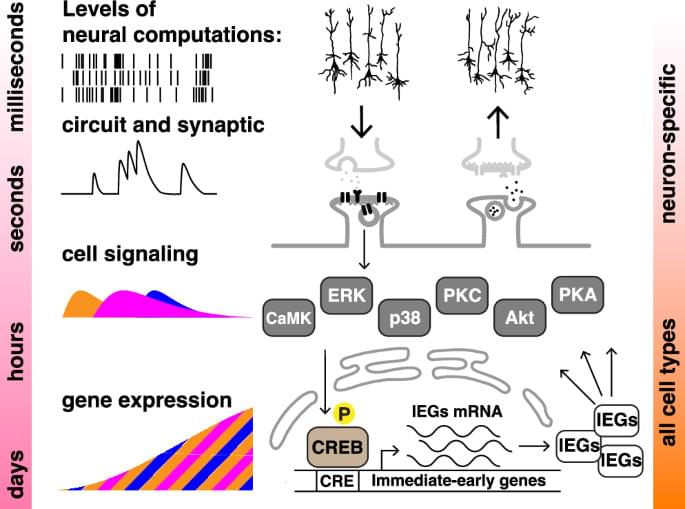A small study found ChatGPT outdid human physicians when assessing medical case histories, even when those doctors were using a chatbot.


Microorganisms—bacteria, viruses and other tiny life forms—may drive biological variation in visible life as much, if not more, than genetic mutations, creating new lineages and even new species of animals and plants, according to Seth Bordenstein, director of Penn State’s One Health Microbiome Center, professor of biology and entomology, and the Dorothy Foehr Huck and J. Lloyd Huck Endowed Chair in Microbiome Sciences.
Bordenstein and 21 other scientists from around the world published a paper in Science, summarizing research that they said drives a deeper understanding of biological variation by uniting life’s seen and unseen realms.
The authors explained that this newly described concept—holobiont biology —underpins a multidisciplinary and holistic understanding of how life’s forms and functions, from human disease to agricultural output, depend upon the relationships between microorganisms and their hosts. Penn State News spoke with Bordenstein about the paper and the emerging field of holobiont biology.

A patient’s own blood could be used to help create a material potentially capable of repairing their broken bones, new research suggests.
Scientists have transformed blood into a substance which successfully repaired bones in animals, paving the way for personalised 3D-printed implants.
They suggest the new material has the potential to create regenerative blood products that could be used as effective therapies to treat injury and disease.


Summary: New research has revealed the diverse assembly and regulation of Type-A GABA receptors (GABAARs), which are crucial for balancing brain activity. Using cryogenic electron microscopy, researchers identified over 324,000 potential receptor structures, shaped by subunit combinations and their relative arrangement.
These variations influence receptor function, drug binding, and the brain’s response to stressors like pregnancy or chronic drug use. The findings pave the way for targeted therapies that enhance receptor-specific functions without inducing tolerance or dependence.

Alzheimer’s disease is marked by the gradual degeneration of nerve cells, resulting in memory and cognitive decline. A research team at KU Leuven and VIB investigated the molecular sequence driving this cellular breakdown, discovering specific inhibitors that can prevent nerve cell loss in various mouse models of the disease.
The findings open up new research avenues in the search for therapies that could halt or prevent the accumulation of brain damage occurring in Alzheimer’s.
Alzheimer’s disease, the leading cause of dementia, affects over 55 million people worldwide. The disease is characterized by the buildup of amyloid-beta plaques and tau protein tangles in the brain, which disrupt cell communication and lead to the widespread death of nerve cells. The consequences of this massive cell loss are the heartbreaking cognitive decline and memory loss for which the condition is well known.

Research by scientists at the University of Sydney has identified a constituent in the cannabis plant that improves sleep. Their report is the first to use objective measures to show the component, known as cannabinol (CBN), increases sleep in rats.
The study has been published in Neuropsychopharmacology.
“For decades, cannabis folklore has suggested that aged cannabis makes consumers sleepy via the build-up of CBN, however there was no convincing evidence for this,” said lead author on the study Professor Jonathon Arnold, Director of Preclinical Research, at the Lambert Initiative for Cannabinoid Therapeutics and the Sydney Pharmacy School.
Join us on Patreon! https://www.patreon.com/MichaelLustgartenPhDDiscount Links/Affiliates: Blood testing (where I get my labs): https://www.ultalabtests.com/…

Siberian permafrost has thrown up yet another surprise for scientists. In 2020, a saber-tooth cat cub was found preserved in the frozen soil. A team of researchers has now detailed their findings in a study published this week in the Nature journal Scientific Reports.
Notably, in 2018, the permafrost also revealed a remarkably preserved cave lion cub. It was almost in perfect condition.
The mummy of the saber-tooth cat includes the animal’s entire head and one forelimb, its shoulders and rib cage, and one of its hind legs. To understand which species of the saber-tooth cat it belonged to, the team decided to study the mummy’s head and dental features.
